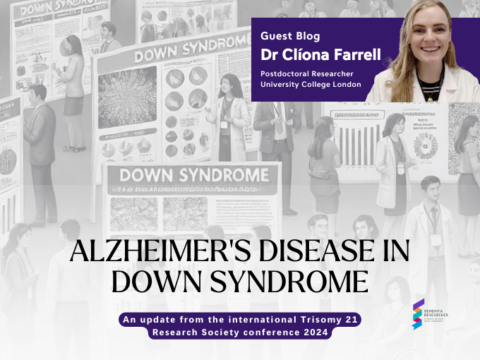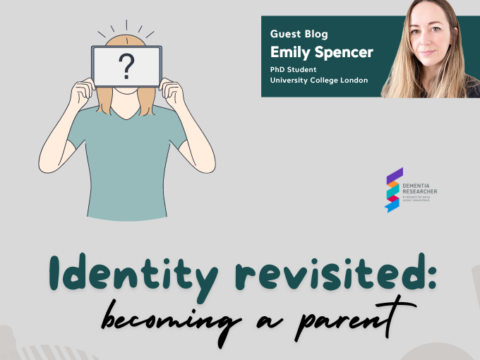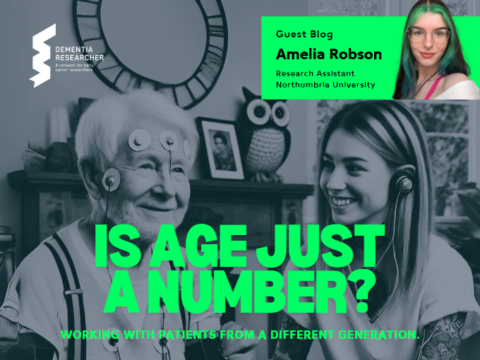Hello everyone and welcome to the third instalment of my blog.
We are fast approaching Christmas and this time of year always makes me feel quite reflective. Not only is it coming towards the end of the year and therefore prompts me to look back but this year also marks a year since I graduated from my PhD so the reflection is even more poignant. Whilst reflecting one evening during this second lockdown, I felt a pang of sadness in that I hadn’t led or even really participated in any research studies since graduating. This made me think about the reality of clinical academic roles following the completion of a clinical academic pathway and I thought I would share this with you.
The push to establish clinical academic careers in nursing has increased over recent years and there is a growing body of evidence that suggests that clinical academic roles create both better healthcare professionals and improved healthcare environments. Research-active healthcare organisations provide a high quality of care, increased treatment options and improved clinical outcomes and as highlighted by the National Institute of Health Research, researchers immersed in clinical settings are able to identify where the research is needed and apply the findings in day-to-day practice. What could be better I hear you ask? Well where are these roles and how accessible are they is what I ask?
Lets paint a picture, I spent 4 years sat in a role that was the epitome of a clinical academic role. I worked within an acute hospital and was conducting my own research in an acute hospital. I used my knowledge of practice to inform what I researched and used the findings of my research to inform my practice. The dream! I passed my viva and graduated thinking this would be my career from now on, submerged in clinical practice but leading on research projects that made a real difference on the ground – how naive I was!
 Now this is just a reflection on my own experience and if you have managed to find a role that genuinely incorporates both clinical work and academic work then I am in awe of you, but for me and a lot of my fellow clinical academic colleagues, this just hasn’t been our reality. Many of us found ourselves going one way or the other, some went into research fellow posts and were removed from clinical practice, some went back to clinical practice, never to submit an ethics application again! Some of us (me included), found roles that sat outside of either camps but allowed us to dip a toe in both when we could and some found part time roles in both camps, trying to juggle two separate organisations with two different priorities. Not ideal!
Now this is just a reflection on my own experience and if you have managed to find a role that genuinely incorporates both clinical work and academic work then I am in awe of you, but for me and a lot of my fellow clinical academic colleagues, this just hasn’t been our reality. Many of us found ourselves going one way or the other, some went into research fellow posts and were removed from clinical practice, some went back to clinical practice, never to submit an ethics application again! Some of us (me included), found roles that sat outside of either camps but allowed us to dip a toe in both when we could and some found part time roles in both camps, trying to juggle two separate organisations with two different priorities. Not ideal!
Now I know there are post-doctoral pathways out there that provide opportunities to continue in clinical academic careers (The NIHR Advanced Fellowship or the Consultant Nurse pathway as examples) but these are often few and far between and the reality is when you are submitting your thesis, its very difficult to be applying for another fellowship meaning timing doesn’t always work out in terms of funding. The added complexity is that we all have lives outside of work, rent/mortgages to pay, mouths to feed, maternity/paternity and sickness pay needed and these fellowships just don’t always cut the mustard!
So, as I reflect on the year just gone and think of the year ahead, my aim is to find and promote roles that allow the best of both worlds. Both health care organisations and academia need clinical academic roles to ensure that evidence-based practice is being implemented and to ensure that the research being conducted is relevant and meaningful. I believe that these roles should not be “bitty” in that you dither in some research where possible whilst predominately working clinically (or vise versa) but where clinical work and research harmonise to allow practitioners to conduct research that will improve how they practice. The current evidence base is saturated with literature discussing the positive implications that derive from clinical academic professionals so my question for 2021 is what can we do to make these roles a reality?
I would be interested to hear your experiences and delighted to hear of roles in which the clinical academic dream is already in place.
See you next time,
Author
Dr Emily Oliver is a Consultant Admiral Nurse working for Dementia UK, visiting Fellow at the University of Southampton and Florence Nightingale Scholar. Emily recently completed her NIHR Clinical Academic Doctorate at the University of Southampton, in which the focus was relational care for people with dementia in acute hospital wards.
What did you do have completing your clinical doctorate? Have you found the perfect role? Post a reply in the box below

 Print This Post
Print This Post




